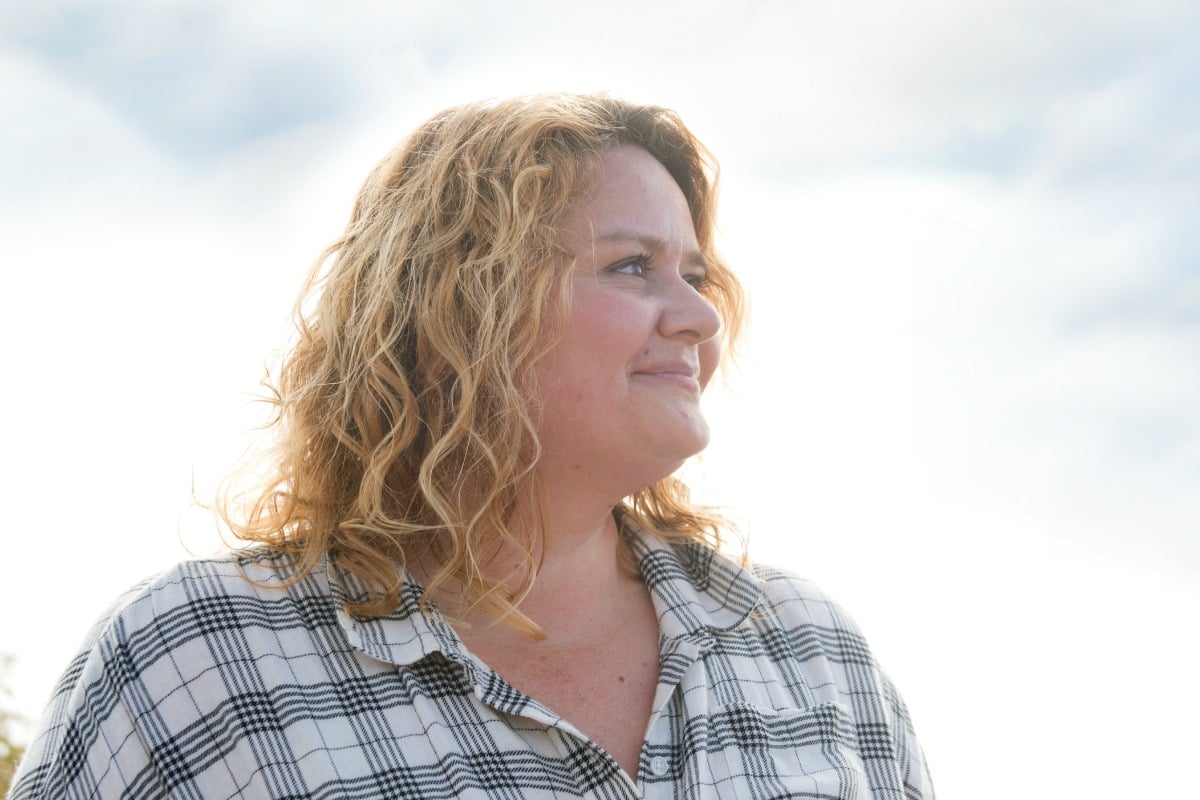
Five weeks ago, I embarked upon a food freedom journey. For 12 weeks, I’m working with a registered dietician who specialises in intuitive eating rather than intentional weight loss.
I came to this place of fully wanting food freedom — over intentional weight loss — only after I realised that every diet and “lifestyle change” left me more anxious and obsessed about food. That my preoccupation with food and eating never led to lasting weight loss. Instead, with every single lifestyle change, I reached a level of burnout where I just couldn’t do it anymore.
These experiences didn’t just leave me fatter and feeling more like a failure. They reinforced my dysfunctional relationship with food and my body.
Watch: Tarryn Brumfitt, I Am. Post continues below.
So, after a good deal of consideration, I finally decided to stop trying to lose weight. I’ve tried virtually every diet on the planet. I figured I might as well give intuitive eating a go.
***
Food freedom is just what it sounds like — the permission to eat food with freedom rather than guilt or shame. The permission to eat what you like as opposed to whatever you’ve been told you “should” be eating.

Top Comments